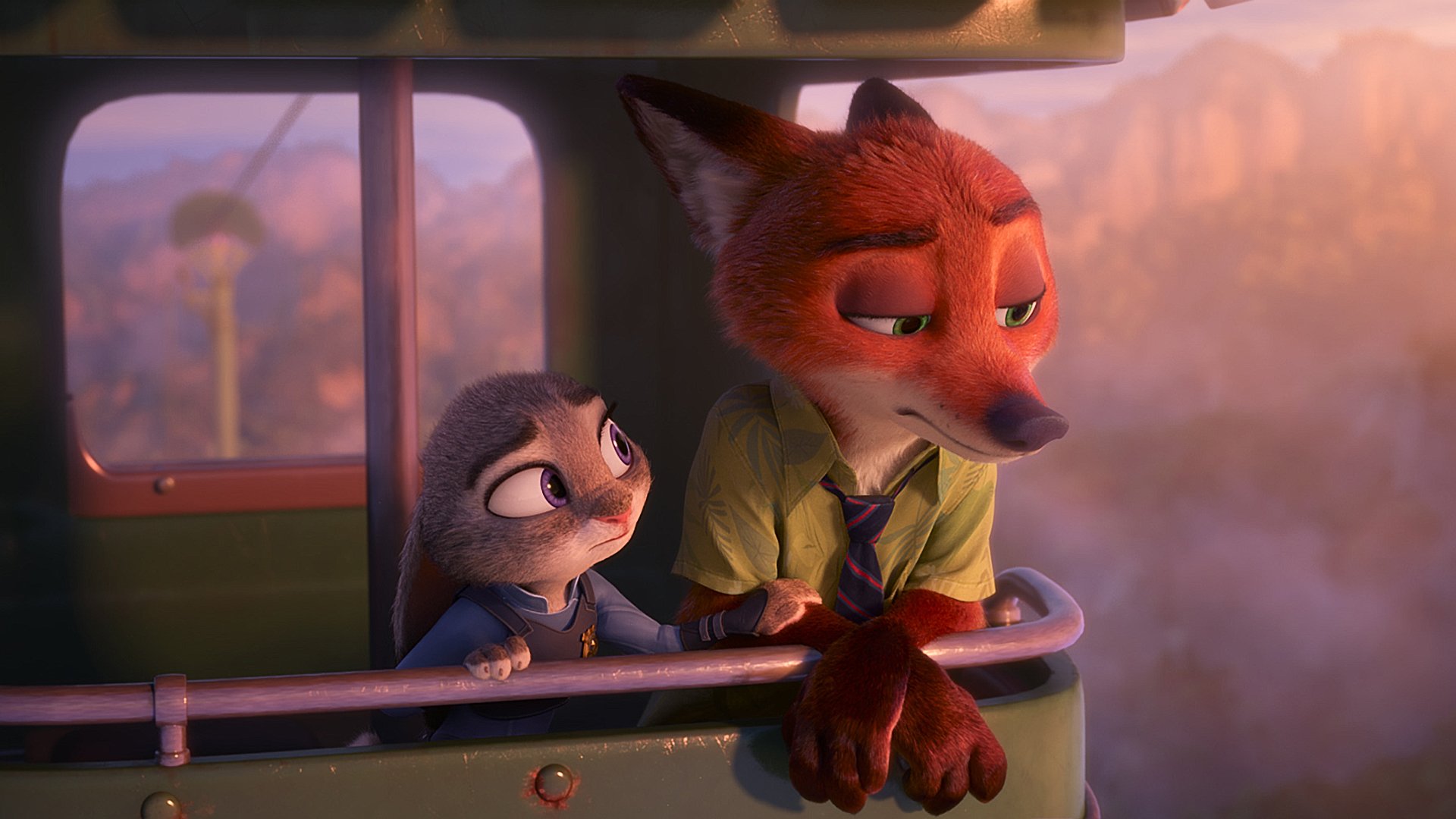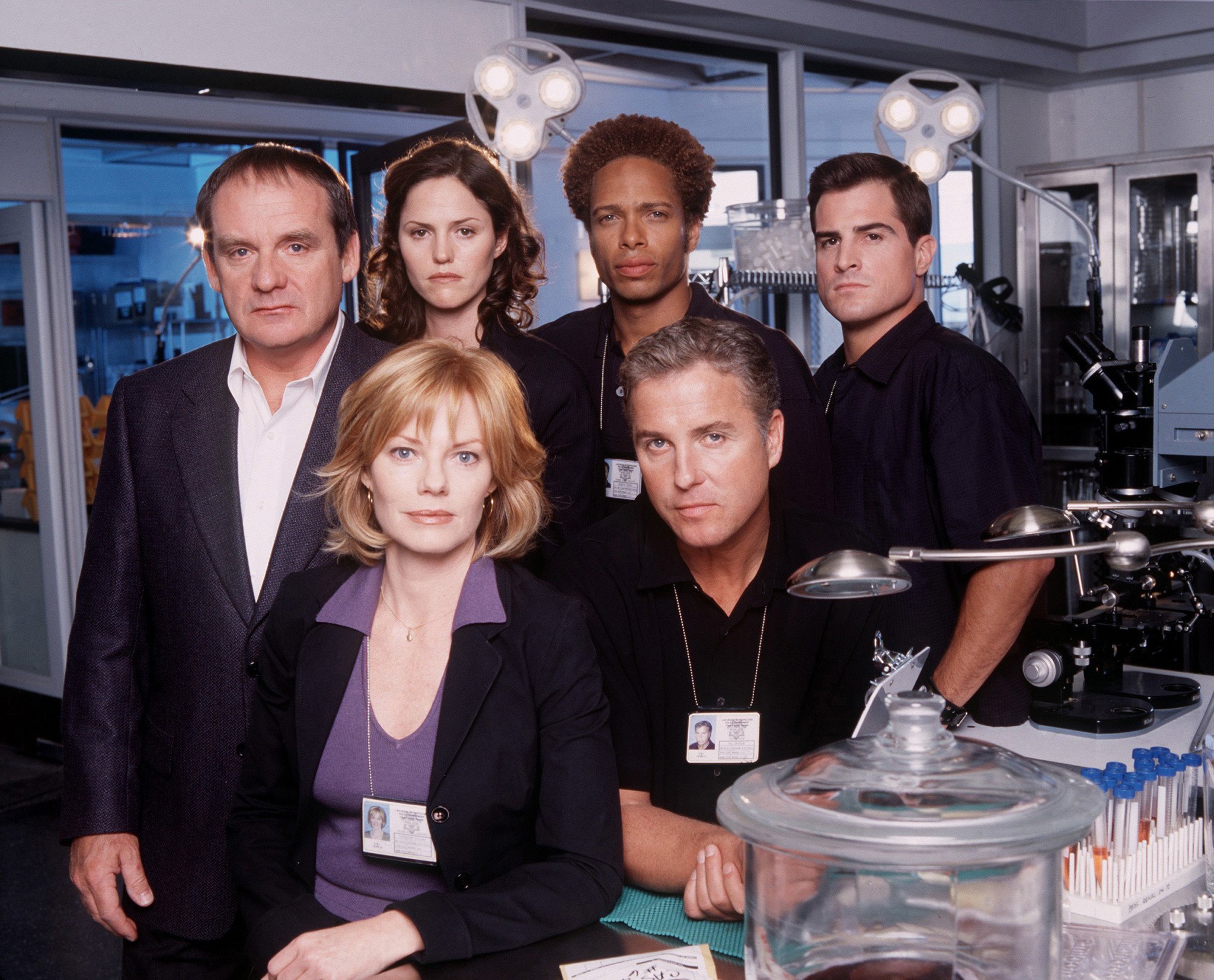The most notable forms of Copaganda in media in the last decade
if you’re starting to feel bad for the police, it’s working
If you don't know what Copaganda is, then phew — this week's episode and blog are for you. Let's start off with some of the basics, shall we? Copaganda typically encompasses many things, but according to Refinery 29, it's the phenomenon that takes fictional characters in media (TV and film, as examples) and attempts to create positive depictions of police officers. How is this done? A variety of ways actually: heartfelt social media posts made by police departments, journalists not challenging police and acting as PR for them, kids programming, or community gathers where cops have started to create the notion that we would be helpless without them. The reality is these instances are just the tip of the iceberg. Copaganda that uncritically advances a police department's image continues to grow in popularity. However, we've seen online and in the news high-ranking uniformed officers kettling crowds, beating protestors, and racially profiling individuals across North America and beyond. So how do we combat this? By recognizing Copaganda for what it is and calling it out.
From media to TV to TikTok —here are some of the most flagrant forms of copaganda in the last decade and why they suck.
"Live for Now Moments Anthem" - 2017 short film commercial for Pepsi featuring Kendall Jenner
This super memorable commercial (for, uh, not-so-great reasons) was one most significant WTF moments of 2017. At the height of the Black Lives Matter (BLM) movement, Pepsi decided to commission reality TV star and model Kendall Jenner to create what might be one of the worst marketing campaigns ever by making the most white saviour pieces of commercial garbage. Set to Bob Marley's song, "Skip," the ad features people protesting in an undisclosed city, holding signs, chanting only to be barricaded by law enforcement. But fear not! Miss Kenny has arrived amidst all chaos and is here to solve everything! She walks up to the officer standing at the front of the barricade and hands him a chilled Pepsi as protestors look on. A quick smile embeds itself onto the officer's face with one crack of a can and a large swig of that refreshing drink; the protest turns into a party. And just like that, world peace was found. Not too long after the commercials started to air, many began to boycott Pepsi products, and Kendall was met with severe backlash on all platforms via social media. They felt the commercial was insensitive and argued that Kendall had never been oppressed in her life. I mean, where's the lie? Jenner eventually released a statement sharing, "Obviously, if I knew that this was going to be the outcome, I would have never done something like this, " #FACEPALM Can someone ask Kendall to turn on the news or, better yet, read the room?
Pepsi there to save the day delivered via Kendall Jenner/ Circa Pepsi 2017
The Elephant in the Room: Brooklyn Nine-Nine As Copaganda
The best forms of copaganda are the ones that don't inherently feel like copaganda. The comedy series starring Andy Sandburg follows the "day-to-day" life of police in New York City, solving crime and running into funny yet unrealistic scenarios. It has been said that Brooklyn 99 was made to cater to individuals who loved watching The Office and it shows. The series created characters you became invested in and even humanized to a degree (hello, who didn't love Doug Judy, played by actor Craig Robinson terrorizing Detective Jake Peralta aka Andy Sandburg?). But that's copaganda! These characters humanize the profession to the point of forgetting the bigger picture. The use of a diverse cast and sometimes emotional storyline is what makes people love the show, but the concept is where things get lost in translation. The way their law enforcement is portrayed is not known to contribute to brute force, a corrupt system, or a systemically racist past and present but helpful and critical societal member. Yes, comedies are meant to be light-hearted, but how light-hearted can you get when you blatantly ignore the issue?
The fictional police bureau of Brooklyn 99/ via Fox
Zootopia
OK, I know what you're thinking: how can this touching Disney film fall into the copaganda trope? Well, let's break it down. The movie follows Judy Hopps, a hopeful bunny whose only mission in life is to make a difference in the world by becoming a helpful police officer in Zootopia. Have your ears perked up yet? Yep, they should have. Because it just goes downhill from here. Judy meets Nick Wild, a fox who not only doesn't like law enforcement but regularly dances around the law. While they tackle the topic of predator vs. prey within the film (as a form of addressing racism in their world), many of the predators in their animal kingdom are supposed to represent people of colour, with prey representing white people. Are you still with me here? OK good! One of Judy's main cops on the force is using police violence. When Judy tries to investigate this and share the information with their boss, the animals being hurt continue to "mysteriously disappeared." Judy enlists the help of Nick, and together they solve the case; changing her partner is crime fighting Nick's perception of law enforcement. Have your eyes rolled far enough into the back of your head yet? Because you and I both know that IRL, someone would forget about all the prejudices in the world and just sing kumbaya around a fire, right? Fucking hell, Disney.
Officer Judy Hopps (left) and “con artist” Nick Wild (right)/ via Disney
CSI
When you think of police tv shows, you think of CSI. It was one of the very first TV shows of the 2000s about law enforcement and was glamorized to varying degrees. Let's all pour one out for David Caruso, Horatio Caine's sunglasses, and CSI: Miami cold opens. RIP to a legend!
The officers in CSI are often held at hero status for their use of evidence which always helps them solve the case. Their use of such an intense plot line creates the show's depth and explains why the drama became as successful as it is today. Who else remembers staying home from school and watching the episodes on A&E all day?
However, the show had a HUGE white saviour complex. There were some questionable scenes when they were tasked with investigating crimes in low-income areas or a POC who was in the wrong place at the wrong time. The show, however, ensured that we always rooted for them no matter what - satisfying their white viewership.
The OG CSI crew/ via CBS
The cops of TikTok
TikTok has an abundance of police officers on their platform, whether that be them filming a day in their life or complaining about something they did. People can use social media to reach out to others and educate them on things they may have been ignorant of before, but police officers are their notable exception. Suppose you were to look under #copagana. You will see hundreds, if not thousands, of duets created by people responding to police officers who claim how demanding the profession is in the year of Gen Z's overtaking—stating that everyone hates them and won't let them do their jobs just out of the hate they receive in real life and on social media. [examples will be inserted] I want to preface, do I think that all police officers are bad people? Not inherently no...but do I think when you work for a systemically racist profession, and you have yet to acknowledge the hurt that has transpired to the actions caused but your profession? Yes, I do think you're a bad person.




